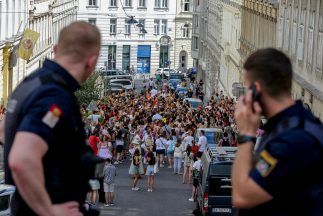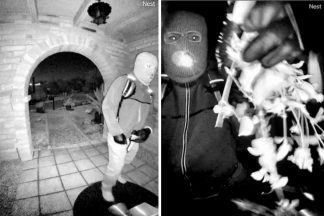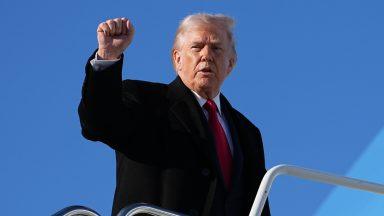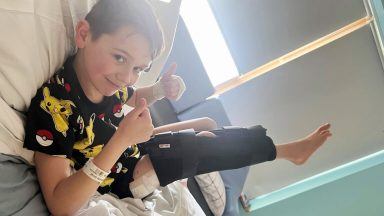A terminally ill man from the United States has become the first person in the world to get a heart transplant from a genetically modified pig.
David Bennett, 57, was diagnosed with terminal heart disease and had been deemed ineligible for a human transplant, due to poor health.
In a medical first, doctors from the University of Maryland Medical Center transplanted a genetically modified pig’s heart into Mr Bennett – in what was called a ‘do or die’ surgery.
The surgical team from Maryland was granted special dispensation by the US medical regulator to carry out the procedure, on the basis that the patient would otherwise have died.
In a statement on the day before the surgery, Mr Bennett said: “It was either die or do this transplant. I want to live. I know it’s a shot in the dark, but it’s my last choice.”

The pig used in the transplant had been genetically modified to knock out several genes that would otherwise have led to the organ being rejected by a human body.
Doctors said on Monday that Mr Bennett is doing well three days after the experimental seven-hour procedure in Baltimore, although have stressed it is too early to tell if the operation is a success.
Medical professionals have said it marks a step in the decades-long search by scientists to use animal organs for life-saving transplants.
Bartley P. Griffith, MD, the surgeon who performed the procedure, said: “This was a breakthrough surgery and brings us one step closer to solving the organ shortage crisis.
“There are simply not enough donor human hearts available to meet the long list of potential recipients.
“We are proceeding cautiously, but we are also optimistic that this first-in-the-world surgery will provide an important new option for patients in the future.”
With a shortage of human organs for transplant, the possibility of using animal alternatives has long been considered.
Dr Muhammad Mohiuddin, scientific director for the University of Maryland’s animal-to-human transplant programme, said: “If this works, there will be an endless supply of these organs for patients who are suffering.”
Follow STV News on WhatsApp
Scan the QR code on your mobile device for all the latest news from around the country


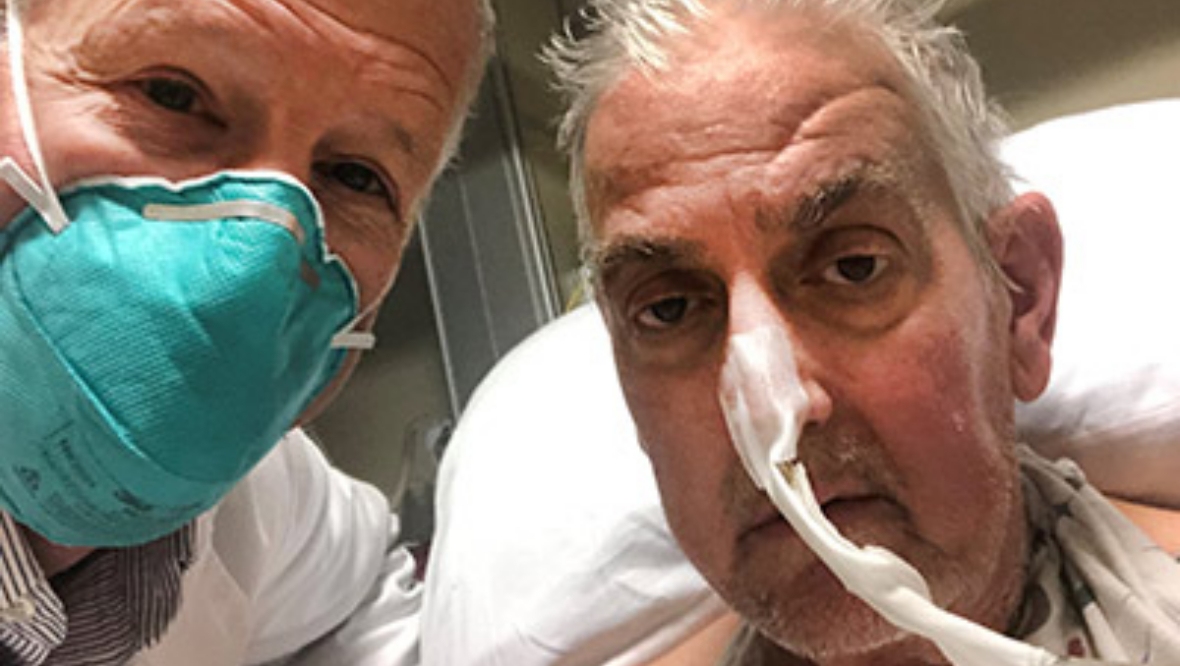 Supplied
Supplied















